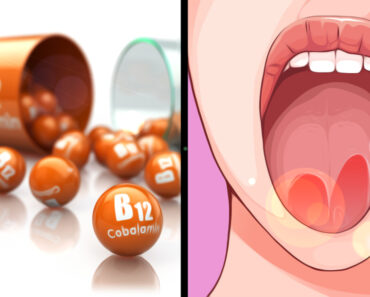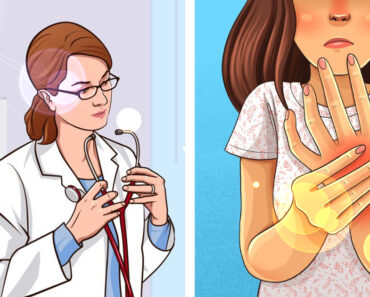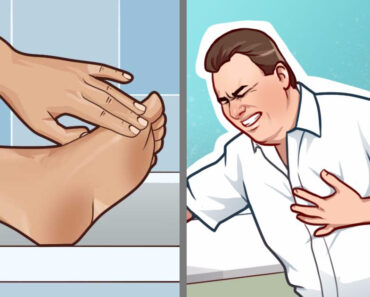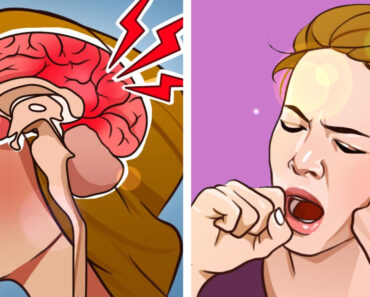Conclusion
In conclusion, understanding the specific considerations related to vitamin B12 deficiency in different populations is crucial for effective management.
For vegans, who follow a strict plant-based diet, obtaining sufficient vitamin B12 can be challenging due to the absence of animal products. It is recommended that vegans consider incorporating fortified foods or supplements to meet their vitamin B12 needs and prevent deficiency.
The elderly population is also at a higher risk of vitamin B12 deficiency due to reduced absorption and decreased intake. Regular screening and supplementation may be necessary to maintain optimal levels and prevent associated health complications.
Pregnant individuals require adequate vitamin B12 for both their health and the growing fetus. Proper prenatal care, including regular monitoring and supplementation when necessary, is essential to ensure healthy levels of vitamin B12 during pregnancy.
In conclusion, optimizing vitamin B12 levels is crucial for overall health and well-being. By understanding the specific considerations for different populations such as vegans, the elderly, and pregnant individuals, healthcare professionals and individuals can effectively prevent and manage vitamin B12 deficiency.
FAQ
How long does it take to recover from vitamin B12 deficiency?
The recovery timeline for vitamin B12 deficiency can vary depending on several factors. In general, it may take a few weeks to several months to fully replenish vitamin B12 levels. However, individual recovery times can differ based on the severity of the deficiency, the underlying cause, and the treatment approach.
What are the symptoms and causes of vitamin B12 deficiency?
Symptoms of vitamin B12 deficiency may include fatigue, weakness, shortness of breath, pale skin, and neurological changes like tingling or numbness in the hands and feet. Common causes of vitamin B12 deficiency include inadequate dietary intake, malabsorption disorders, certain medical conditions, and long-term use of certain medications.
How is vitamin B12 deficiency tested and diagnosed?
Testing for vitamin B12 deficiency typically involves a blood test to measure the levels of vitamin B12 in the bloodstream. Additionally, healthcare professionals may assess other blood markers and consider medical history and symptoms to make an accurate diagnosis. It is important to consult a healthcare provider for proper testing and diagnosis.
What are the treatment options for vitamin B12 deficiency?
Treatment for vitamin B12 deficiency usually involves vitamin B12 supplementation through injections or oral supplements. In cases of severe deficiency or B12 anemia, injections may be recommended initially to rapidly increase vitamin B12 levels. Dietary changes and modifications may also be suggested to improve overall B12 intake and absorption.
What are the specific considerations for vitamin B12 deficiency in certain populations?
Vitamin B12 deficiency can be more prevalent in specific populations such as vegans, the elderly, and pregnant individuals. Vegans who follow a strict plant-based diet may be at a higher risk as vitamin B12 is primarily found in animal-based foods. The elderly may have reduced absorption and higher nutritional needs, while pregnant individuals may require additional vitamin B12 for healthy fetal development. Consulting a healthcare professional is important for personalized advice.






